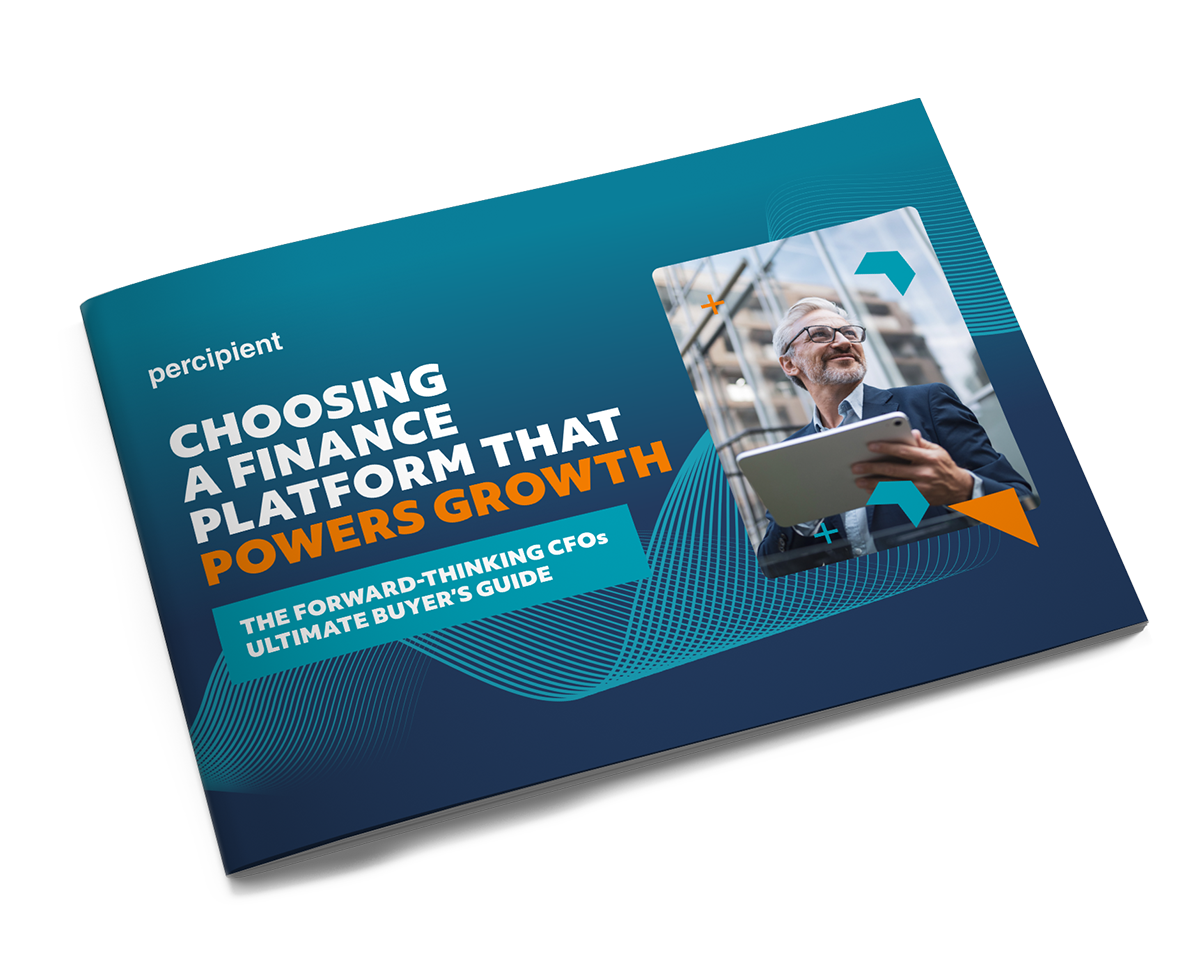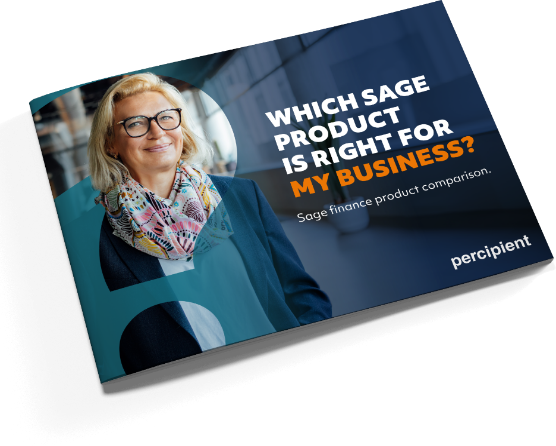Understanding the Real Price of On-Premise vs Cloud ERP Solutions
By Dan Clibbens, Percipient
When it comes to ERP decisions, cloud-based solutions are often touted for their low total cost of ownership (TCO). With benefits like lower maintenance, built-in scalability, and automatic upgrades, the cloud presents a compelling case for finance and IT leaders.
But is the cost advantage of cloud ERP always as clear-cut as it seems?
The Cloud Advantage — With Conditions
As cloud adoption accelerates across industries, its appeal continues to grow. From reduced downtime and increased accessibility to agile deployment and always-on support, it’s easy to see why businesses are making the move.
However, a straightforward cost comparison with legacy on-premise systems often tells an incomplete story. Without a thorough evaluation of the true TCO, businesses risk making short-term decisions that don’t align with long-term value.
Calculating True TCO: More Than License Fees
The typical cost comparison between cloud and on-premise ERP solutions tends to focus narrowly on software licenses and server maintenance. But to make an informed choice, organisations must consider the full lifecycle cost of ownership, including:
- Age and reliability of existing servers
- Maintenance, storage, and backups
- Internal IT resource allocation
- Downtime and upgrade disruption
- Training and consultancy during version jumps
When factored together, these costs often reveal that legacy ERP systems are more expensive—and restrictive—than they appear at first glance.
When Legacy Systems Become a Liability
For businesses running servers older than five years, maintaining on-premise infrastructure becomes progressively more costly. IT teams spend increasing amounts of time patching, supporting, and reacting to system issues—time that could be better spent enabling digital strategy and innovation.
In industries where mergers, acquisitions, and rapid growth are common, the cost of integrating legacy systems can quickly escalate. Modern cloud solutions, such as Sage Intacct, offer easier integration, real-time visibility, and reduced complexity, giving organisations the agility they need to stay competitive.
From Cost Centre to Strategic Growth Enabler
Technology is no longer just a support function—it’s a strategic tool. ERP platforms today play a central role in:
- Enhancing employee productivity
- Enabling digital customer engagement
- Accelerating innovation and market responsiveness
- Unlocking real-time financial and operational insight
Rather than viewing ERP as a cost to be managed, successful organisations see it as an enabler of growth. And in this context, cloud ERP becomes not just a financial decision, but a strategic one.
Is Now the Right Time to Move?
If your servers are relatively new and still delivering value, a move to the cloud may not be urgent. But if you’re facing increasing infrastructure costs, technical debt, or operational inefficiencies, your tipping point may be closer than you think.
In a world where digital transformation defines market leaders, the decision to move to cloud ERP isn’t just about saving money—it’s about positioning your business to grow, innovate, and lead.
Looking to Modernise Your ERP Strategy?
At Percipient, we help organisations make smarter ERP decisions—balancing cost, timing, and long-term value. As a Sage Intacct Partner, we deliver cloud-first finance solutions that drive agility, improve visibility, and simplify operations.
- Real-time data insights
- Scalable, modular cloud ERP
- Fast, low-risk deployment
- Trusted by hospitality and service-led industries
Book a free consultation with one of our Sage finance specialists or call the team today on 01606 871332 and make your next ERP move the right one, with timing, value, and strategy on your side.




